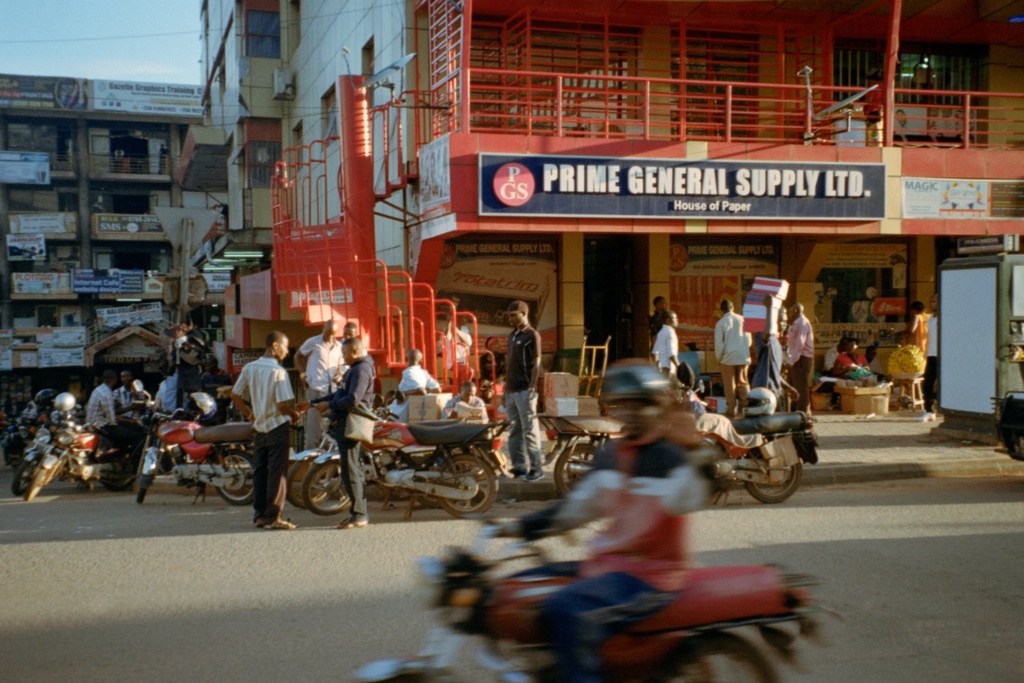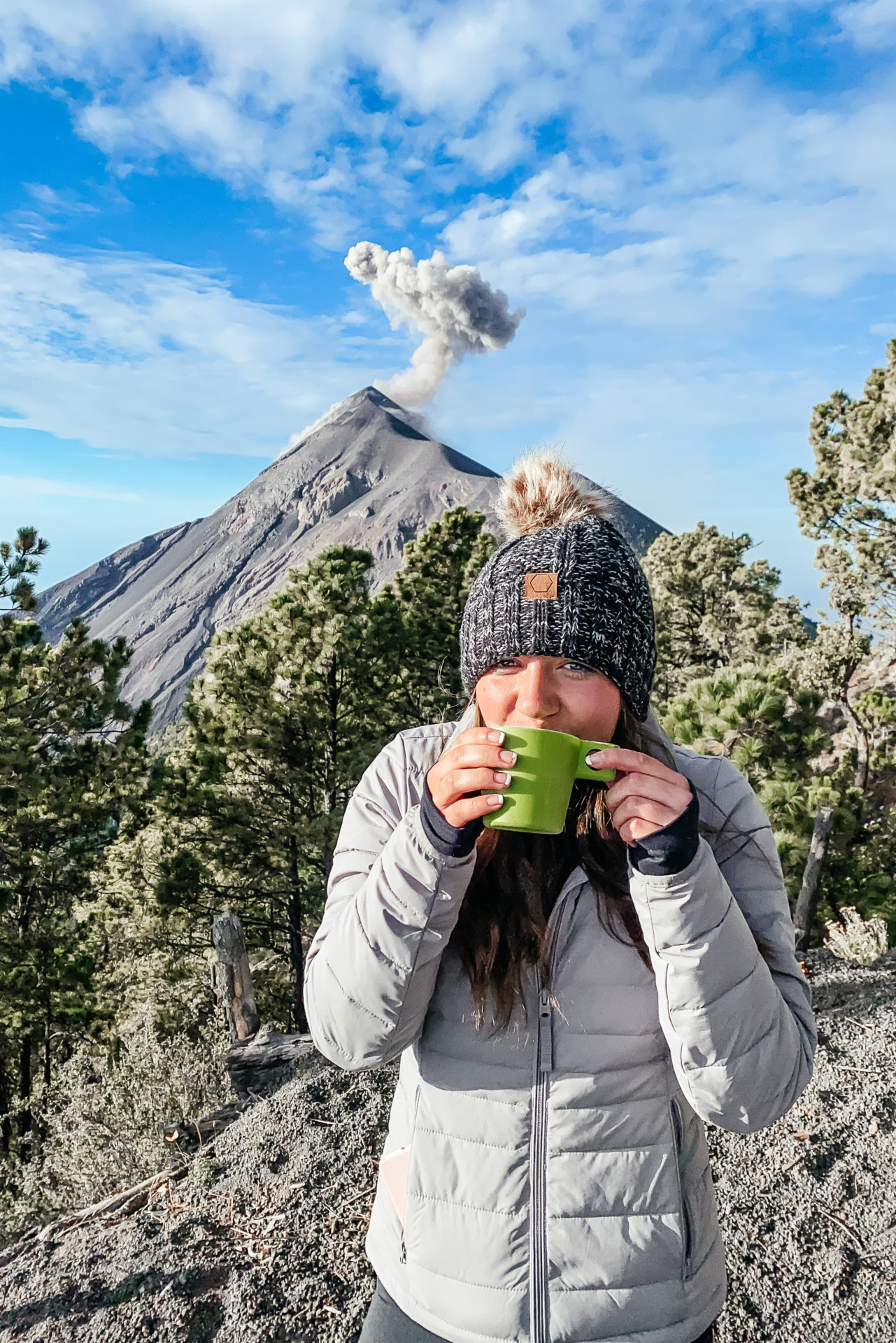It has always been a dream of mine to go to Uganda, and I finally got the opportunity in July of 2021 with my mom. It was a phenomenal trip! We traveled to the city of Kampala and a few surrounding villages. Although I only spent a week and a half in Uganda, below are some things to expect from a first time perspective!
CULTURE:
The biggest difference I saw while I was in Uganda was the culture. WOW! It was something that was very intriguing and interesting to learn about. I would definitely advise you to do some research on the cultural beliefs and rituals before you arrive out of respect for the locals. Uganda is made up of 56 different tribes, and each has its own values and beliefs. Below are some of the things that I learned about that you will find helpful!
- Never speak of a person’s disease or illness. There is much shame and fear of social isolation associated with disease especially those such as HIV/AIDS. Even mentioning something as seemingly harmless as a person’s diabetes can cause that person to be stigmatized.
- Never mention a Ugandan’s pregnancy. There may be uncomfortable circumstances surrounding the pregnancy, and there is always a chance that the baby won’t make it to term. It’s best not to mention it at all.
- The terms girlfriend and boyfriend in Uganda have a negative connotation and are used to denote extramarital sexual relationships. Please refer to any relationship that you are in as simply that…a ‘relationship’. It is better to add that it is ‘headed for marriage’ if that is the case.
- You will undoubtedly encounter strong odors during your time in Uganda. You will be surrounded by children who’ve been playing in the hot sun all day and adults who can’t afford deodorant. Please be very careful to guard your reactions in these situations.
- Publically washing your hands or using hand sanitizer before meals or after touching someone can be construed as offensive. Just try and be discreet!
One experience that stood out while I was there was when I asked a man how many children he had. This is something that is so normal to ask in the United States, but this man could not answer that question because his tribe believed that if they speak of how many children they have, one of their children will die. This was something I had to adjust to while I was there because it may seem like they are shady or very privat. In reality, it’s just a huge cultural difference!
If you are wanting to learn more about culture differences in Uganda, “The Shadow of the Sun” by Ryszard Kapuscinski is a great book. I would also advise you to research the specific area you are traveling to and what tribe they are considered a part of. Being aware of the differences will allow you to come off much more respectful!
LANGUAGE:
The official languages in Uganda are Swahili and English. There are also several other native languages in Uganda besides Swahili. There was a mix of everything in the city of Kampala, but Luganda was the native language typically spoken. You may find that some elderly or more impoverished areas only speak the native language. However, I found that most people could speak English in Kampala. This was very helpful because I only knew a couple words before traveling to Uganda. With this being said, I found that the locals loved it when I tried to use some of the basic words such as hello, bye, thank you, or you’re welcome in their native language. Try to learn a few words before you travel!
CURRENCY:
The Ugandan shilling (UGX) is the official currency. 1 USD equals about 3,563 UGX. Kampala, the capital of Uganda is known to be one of the cheapest cities in Africa. With this being said, your money will go very far in Uganda. Products, meals, and the cost of living are extremely inexpensive compared to the United States.
CASH OR CARD:
Any money that you choose to bring should be in the form of new (2006 or later) crisp $50 or $100 bills. In Uganda, only bills from 2006 are accepted at banks. Uganda is similar to most underdeveloped countries in the sense that it is always good to have the official currency on you. In Kampala, most restaurants, nicer grocery stores, hotels, and tourist destinations will take credit cards, but you never know what situation you may run into where you need Ugandan shillings on you. I found that most local markets, taxis, and little shops only took shillings, and I am sure the farther you go outside of the city the more this is true.
BANKS/ATMS:
Exchanging money for me was a pretty simple process. Your options are to go to a private Forex Bureau which is a quick process that entails little to no paperwork. The other option is to go to a bank, which is very reliable but requires more paperwork and time. The exchange rates also seemed to be a bit better at a Forex Bureau. If you are staying in a more remote area far from the city, make sure to research if and where you can exchange money before leaving. You may want to do this in Entebbe or Kampala before arriving at your destination. Like any other third-world country, I personally try to stay away from ATM’s. I stay very alert and cautious especially in a destination I have never been to before due to theft. I try to bring enough cash with me to avoid the ATM. However, use of ATM’s is completely a personal decision, and with some research and knowledge from locals you trust, I’m sure you can find very reliable ATM’s.
SAFETY:
While Uganda is generally viewed as one of the overall safest countries in Africa, it is still very important to take precautions. Always be aware of your surroundings no matter where you are. Theft can be more common in the capitol city or on some of the borders. It is always important to take precautions so the misfortune of experiencing theft or crime is minimized. Some of the things to consider:
- Don’t give out phone numbers, email addresses or even your full name unless you have been advised to do so by someone you trust. There have been instances of extortion and cons where past tourists, volunteers, or missionaries have been contacted through various media incl. Facebook, and at times have had to involve the police.
- Keep your passport on you at all times. A passport carrier or money belt is recommended under your clothes to hold your passport and money.
- Split up your money and only carry what you need for that day. Keep the rest in a safe at the hotel or in an inconspicuous spot. If your wallet or bag is stolen, you’ve most likely lost very little and have backup options. Don’t argue with thieves. Just give them the money and let them move on.
- Bring a travel wallet. If for some reason your wallet is lost or stolen you don’t want someone getting your information from cards or information you would keep in your day-to-day wallet.
- Stay alert. When in public places like the Kampala market, stay aware of the people around you. If you suspect suspicious behavior, take a look at what the person looks and stay cautious. Even if you think it could be nothing, criminals tend to survey the scene before committing a crime.
- Keep a low profile. Don’t wear flashy or expensive looking jewelry. A starving, desperate person can easily justify stealing from a wealthy or obnoxious Mzungu (White person).
- Never give money or gifts to beggars or strangers. If you feel led to give a gift to an individual, first ask a trusted local and carefully evaluate the situation. If people see you giving money or gifts away, you could easily be mobbed. The person receiving the gift could be harmed by jealous onlookers, especially if the gift is expensive. BE DISCREET.
CELL PHONE/INTERNET:
Your cell phone will only work in Uganda if you have an international calling plan. I 100% recommend getting an international plan. It will be the most effective in case of an emergency and will provide reliable communication with loved ones at home. The power will go on and off occasionally, and I found the Wifi to be unreliable. I would suggest using smartphone apps such as Viber, Whatsapp,and Facetime to communicate with loved ones.




